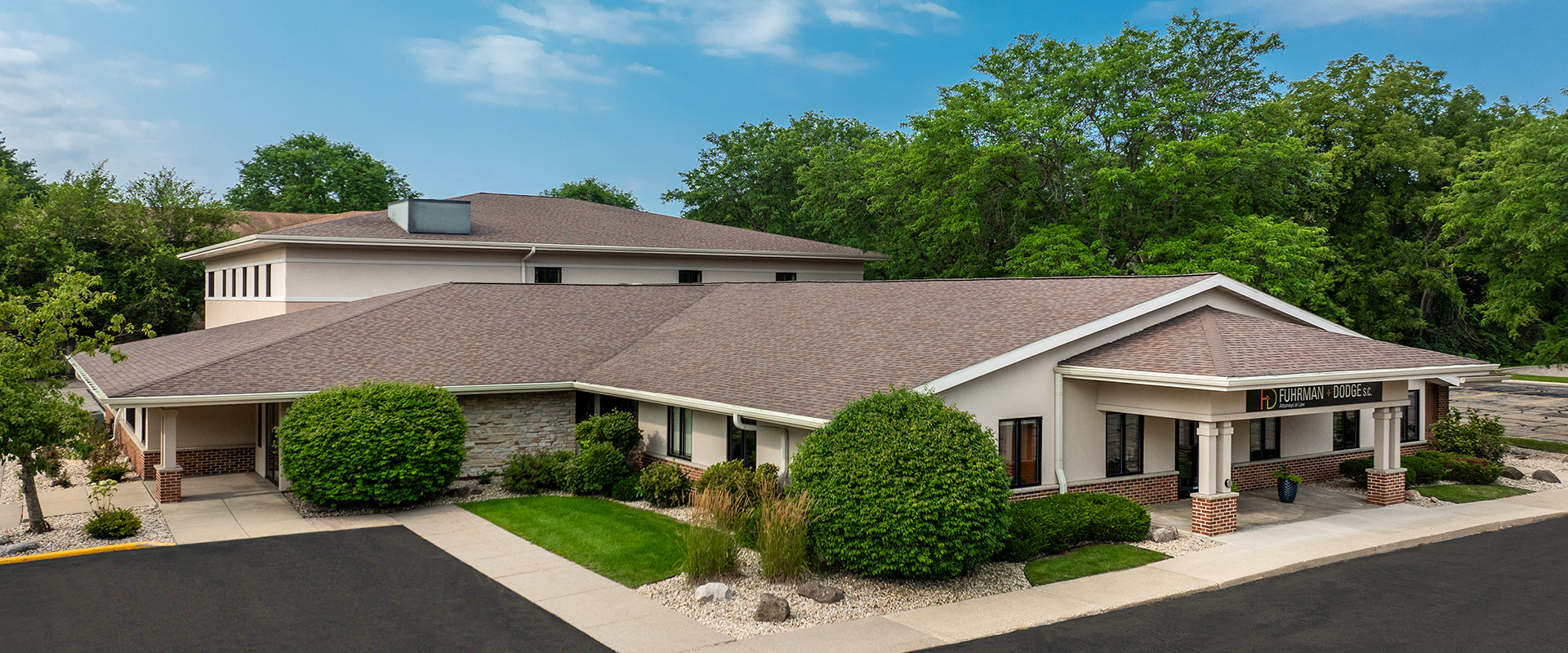Alternative Dispute Resolution – Mediation
It is well known that fewer and fewer civil disputes are being resolved by full court proceedings culminating in trials, whether jury trials or trials to the judge alone (without juries). Jury trials especially are quickly becoming a thing of the past. There are many reasons for this trend, which can only be expected to accelerate in the future. Here are some of them.
-
- As legal fees and other court-related expenses continue to soar, court proceedings have become prohibitively expensive, and therefore unavailable as a practical means of dispute resolution to all but the wealthiest litigants.
- There is no way to predict when a fully-litigated court case might end. A judgment concluding a case in the trial court might only result in an appeal, with further delays and expense. A reversal in the appellate court might result in a remand to the trial court for a new trial, with the possibility of a new appeal, etc., ad infinitum. There is no way to predict when the case will finally end, or how the mounting costs and delays may be weighed against the value to the litigant of an ultimately favorable outcome.
- Court proceedings are conducted in open court and on the public record. These days, the details of once-obscure court cases are available on the Internet with the click of a few computer keys. Most people and businesses dislike airing their disputes publicly and would prefer a more private means of sorting things out.
- While judges and juries do strive to adjust disputes fairly and reasonably, they must do so with limited information and in the space of a few hours, or even days, but always with only a fraction of the information that the disputing parties have at hand, having lived with the dispute for months or even years. This can and does lead to occasional miscarriages of justice, but always engenders in the litigants a sense that they are losing control over their fate; that they are just rolling the dice and hoping for the best.
- Reaching a mutually agreeable settlement of civil disputes through a voluntary process of give-and-take can leave fewer hard feelings between the parties, who have often been associated in business, family or friendship relationships for many years, some of which through necessity must continue into the future. Helping to deemphasize the “winners” and “losers” aspects of the dispute resolution process can promote healing and forgiveness.
The term “Alternative Dispute Resolution,” or “ADR” encompasses many different approaches. Section 802.12 of the Wisconsin Statutes lists no few than ten:
-
- Binding Arbitration
- Direct Negotiation
- Early Neutral Evaluation
- Focus Group
- Mediation
- Mini-trial
- Moderated Settlement Conference
- Nonbinding Arbitration
- Settlement Alternative
- Summary Jury Trial
By far the most common of these is Mediation, a dispute resolution process in which a neutral 3rd person, who has no power to impose a decision if all of the parties do not agree to settle the case, helps the parties reach an agreement by focusing on the key issues in the case, exchanging information between the parties and exploring options for settlement. §802.12(1), Wis. Stats.
Cost-containment, privacy, greater personal control and participation, quicker resolutions, and the possibility of a more peaceful outcome: these are all reasons why ADR and especially Mediation will become increasing prevalent in resolving civil disputes. Where it is possible, it is a better process.
Virtually any kind of civil dispute can be appropriate for ADR, including family law matters, business disputes, and real estate boundary contests. While some might believe that a certain dispute could never be resolved through the mediated settlement discussions, lawyers, judges and meditators familiar with Mediation can almost always cite examples of cases that looked impossible to resolve settling completely and to the mutual satisfaction of the disputing parties.
Practicing in this area: Edward Leineweber



